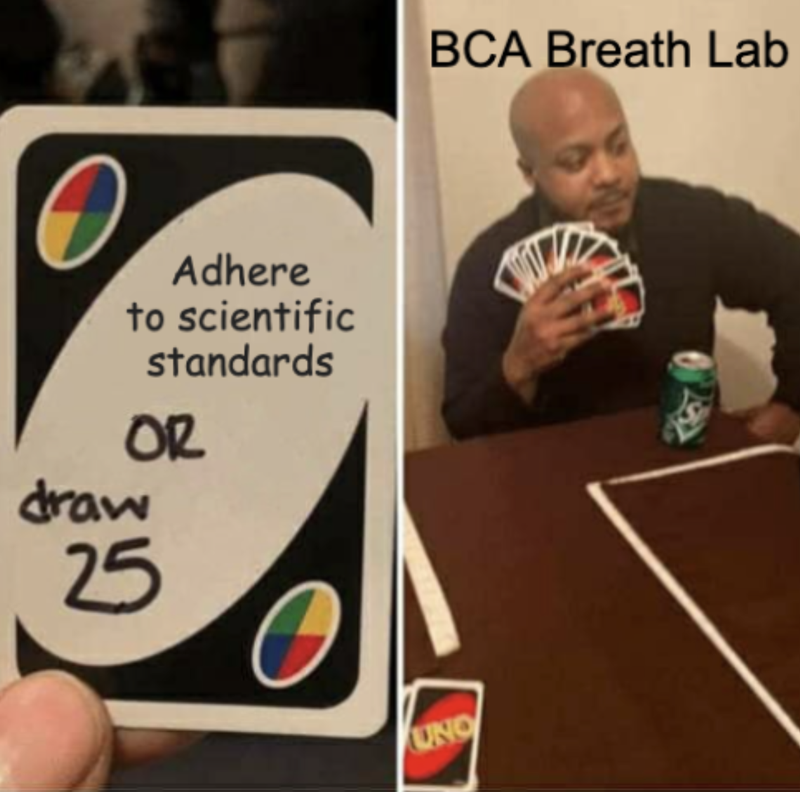BCA Scientist Supports Invalid Observation Period

Yesterday, one of the BCA’s senior scientists gave nonsensical testimony about the importance of the observation period in a breath alcohol test. The BCA scientist admitted that the 15-minute observation period was an essential quality control for a breath alcohol test, yet also stated that the breath test was valid even though the observation period wasn’t properly conducted!
In this case, the BCA acted as a shield for a rogue Trooper who failed to follow the basic scientific standards for the breath alcohol test. Scientists at the BCA are supposed to be unbiased in their testimony, but I continue to see scientists supporting unscrupulous law enforcement practices. Instead, they should be acting as a bulwark against unscientific practices.
In this case, the Trooper did not complete the observation period properly. He conducted the observation period in his squad car. This directly violated what the BCA teaches about the observation period during the DMT Operator Training Course.
The BCA teaches that it is essential to be in close proximity to the subject taking a breath test for 15-minutes prior to a test. The operator of a breath test needs to be able to use their senses (hearing, visual, and smell) to observe if there is any burping, belching, or vomiting during the observation period. If any of these things occur, the breath test could be unfairly elevated.
Even the DMT Operator Training Manual states:
“Recent alcohol ingestion or reintroduction of alcohol into the mouth from actions such as belching, regurgitating or refluxing stomach contents into the mouth are possible sources of mouth alcohol. Alcohol vapors can remain in the mouth for as long as 15 minutes.”
An officer cannot watch for these issues when the subject is behind a plexiglass partition in the back of his squad car. The most straightforward common sense approach is to perform the observation back at the station and not in the squad car.
Scientific protocols don’t matter to the BCA breath lab
The BCA scientist admitted that the Trooper didn’t follow the protocol, yet she stated that it did not matter.
Confused, the judge asked: “If the observation period was not followed, would the test still be valid?”
The answer from the BCA: Yes.
But why even have protocols if they aren’t enforced?
The fact is the observation period in breath testing is extremely important. It is a quality control that helps ensure fair and accurate testing.
Nearly 100 years ago, one of the first breath alcohol researchers, Emil Bogen, M.D. said:
As soon as the disturbing factor of alcoholic liquor still in the mouth is removed, which occurs usually within fifteen minutes after imbibition, in the absence of hiccupping or belching, the alcohol content of 2 liters of expired air is a little greater than 1 cc of urine.
Bogen said that even a hiccup could cause a problem with a breath test!
The BCA makes themselves look ridiculous by promoting scientific standards in their training of officers, and then giving officers a free pass when they fail to follow their training.
The citizens of Minnesota deserve better. The BCA must hold officers responsible when they fail to follow basic scientific practices. Instead of ensuring that scientific practices are adhered to, the BCA has decided to support breath tests no matter how egregious the errors in the testing protocol.
Call Ramsay Law
Have you been a victim of the unscientific practices of a breath alcohol test? At Ramsay Law, we work hard to understand the science behind alcohol testing. Call us to examine your case.
Keep up to date with the latest updates from our blog — subscribe by email.

